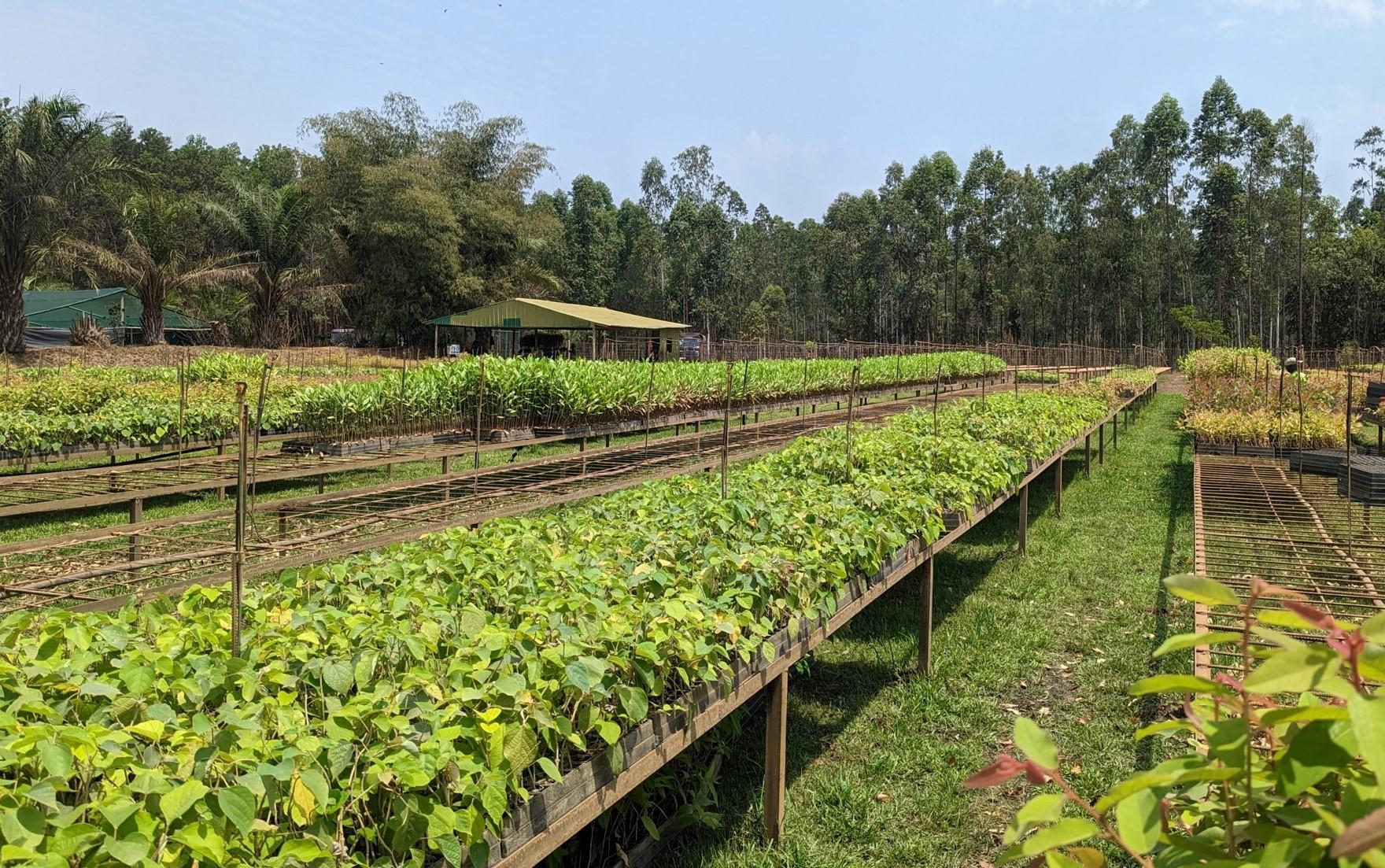
The world needs effective global-scale forest restoration. In collaboration with civil society and industry partners, the Centre's researchers are developing core scientific understanding of how to upscale restoration that maximises environmental outcomes, ecosystem services, and societal benefits.
Conservation and management of existing forests is of the utmost importance in supporting global biodiversity and protecting carbon stocks. However, meeting climate targets set out in the Paris Agreement and biodiversity goals from the Kunming-Montreal Global Biodiversity Framework requires restoration of forest ecosystems across vast areas.
The UN Decade of Ecosystem Restoration and multilateral programmes such as the Bonn Challenge aim to catalyse global restoration efforts, but understanding where to restore forests, and how best to restore them in regional and local contexts is key to ensuring an effective forest restoration agenda that delivers globally significant benefits for people and nature.
The Centre's researchers are developing the evidence base of the biodiversity, ecosystem service and socio-economic benefits of different restoration pathways, of which approaches to take in maximising recovery rates and resilience to global change, and of restoration impacts on land-use transitions in neighbouring regions. We make these advances in collaboration with partners in civil society, business and policy to ensure effective uptake of solutions. Our expertise spans restoration of degraded forests, reforestation on deforested lands, and recovery of trees within on-farm agroforestry and silvopastures, including work in the Andes, western USA, sub-Saharan Africa, China, and South-east Asia.
